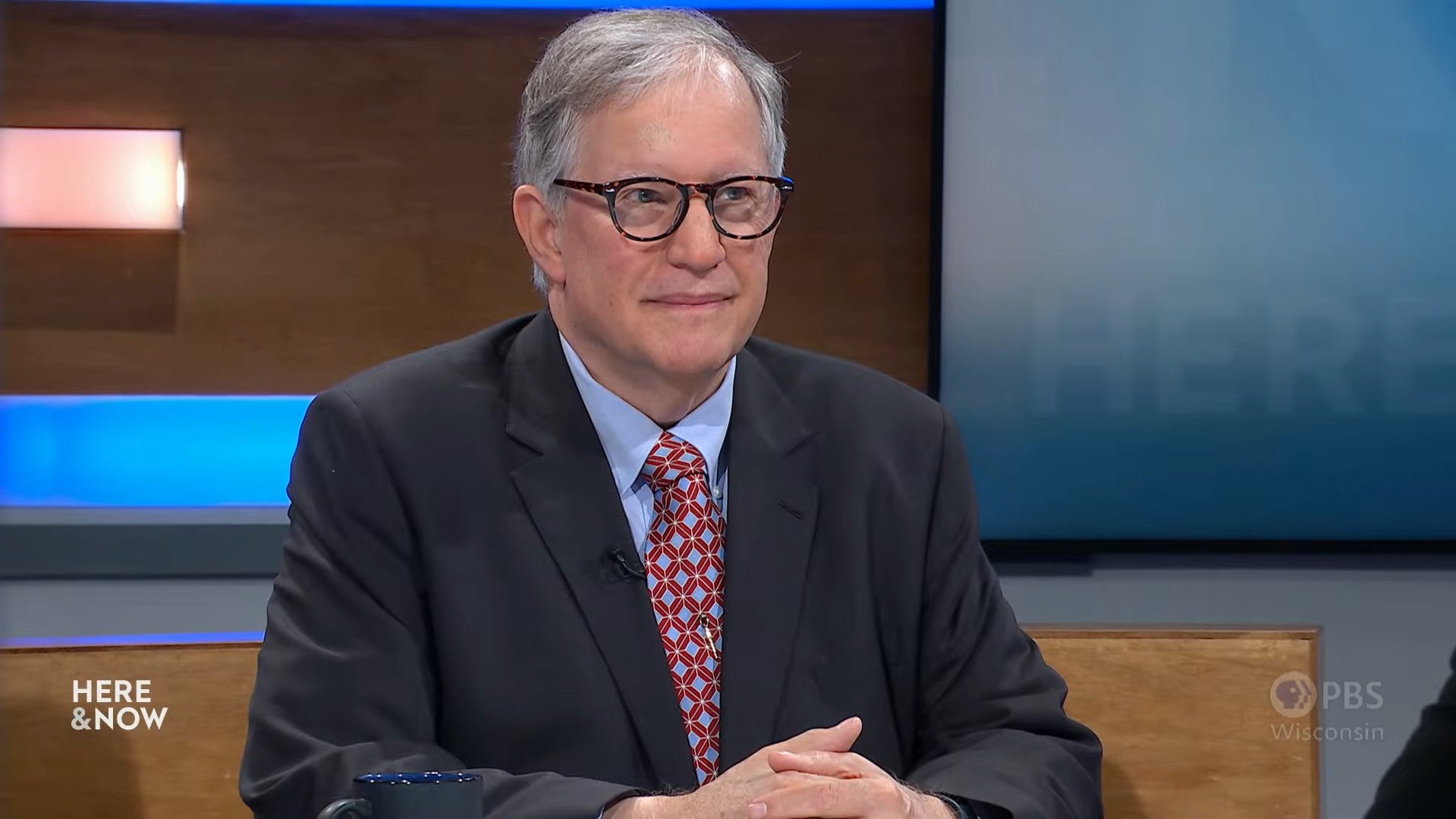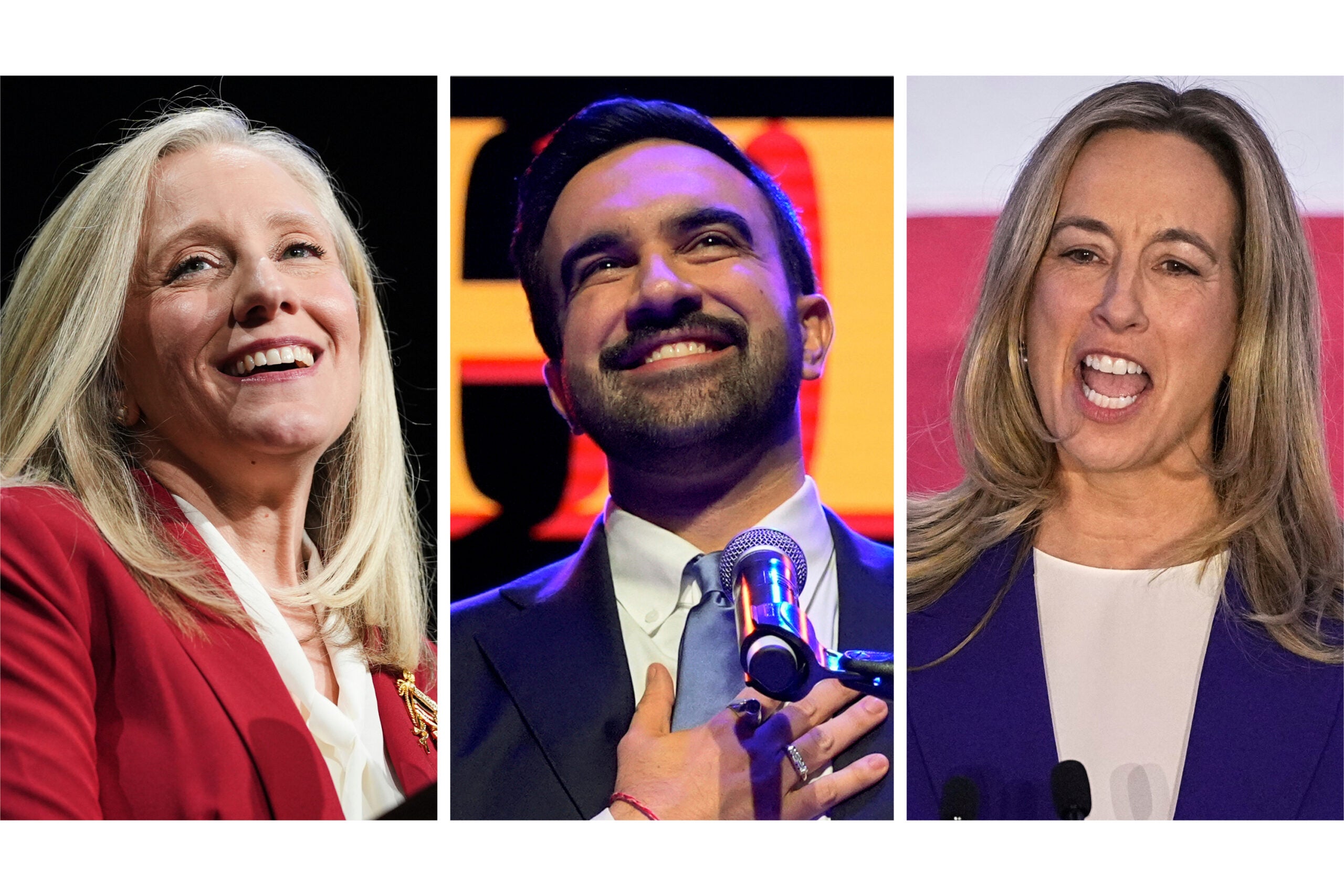The Green Party’s presidential candidate will appear on Wisconsin’s ballot this fall.
The Wisconsin Elections Commission unanimously approved the addition Thursday because the party won more than 1 percent of the vote in a statewide race in 2022.
It could be a significant development in Wisconsin, a state where the last two presidential elections have been decided by around 20,000 votes.
News with a little more humanity
WPR’s “Wisconsin Today” newsletter keeps you connected to the state you love without feeling overwhelmed. No paywall. No agenda. No corporate filter.
The party was last on the presidential ballot in 2016, when Green Party nominee Jill Stein won more than 31,000 votes in Wisconsin. That was greater than former President Donald Trump’s 22,748-vote margin of victory over Democrat Hilary Clinton.
The Green Party candidate did not appear on the ballot in 2020, when President Joe Biden defeated Trump by 20,682 votes.
Some Democrats blamed Stein for Clinton’s loss in 2016. But in an interview with WPR, Wisconsin Green Party co-chair AJ Reed rejected the suggestion that his party hurt Democrats.
“Voting for a Green Party (candidate) is not a vote for a Republican party (candidate),” Reed said. “It’s just a fear narrative that Democrats have been doing since at least 2000.”
In the 2000 presidential election, Green Party candidate Ralph Nader won more votes than former President George W. Bush’s margin of victory over Democrat Al Gore in the decisive state of Florida.
A Marquette University Law School poll released this week showed Trump and Biden tied at 49 percent each among registered voters in a two-person race.
When Marquette added third party and independent candidates, 16 percent of voters surveyed said they would pick independent candidate Robert F. Kennedy Jr. over Biden and Trump. Stein, who has not yet won the Green Party’s endorsement, received the support of 4 percent. Another 2 percent backed independent candidate Cornel West.
Of the Democrats surveyed, 8 percent said they would support Stein instead of Biden if given the option.
“There is the potential for disaffected Democrats who are disappointed with Biden, but are no fans of Donald Trump, to consider going over and voting for Stein or the Green candidate,” said Marquette pollster Charles Franklin.
Reed said there are progressive Democrats whose values align with the Green party, and who have tried to change the Democratic Party from within.
“But that has never really happened for them over the years. So we do have progressive Democrats who contribute to Greens,” he said.
Reed said those progressive Democrats are not the sole focus of the Wisconsin Green Party’s organizing. He pointed to student debt, lead exposure in drinking water and segregation in Milwaukee as issues around which the Greens will try to organize a wider swath of voters.
Stein is planning to tour Wisconsin soon, with visits in Racine, Milwaukee and Madison, Reed said.
Libertarians have historically outperformed Green Party candidates in recent elections in Wisconsin. In 2016, Libertarian Gary Johnson got 106,674 votes, which was close to 3.6 percent of the vote in that race.
Franklin said Libertarians were not included in the most recent Marquette poll because it is not yet clear who their nominee will be.
But Franklin said he thinks it is overstated how much voters who support independent or third party candidates would otherwise vote for a major party candidate.
“The reason you vote for a third party candidate rather than one of the two party candidates is that neither of the two parties appeal to you,” Franklin said. “And so the idea that a third party voter would otherwise go to their ideologically closer major party, I think that’s not entirely true.”
Wisconsin Public Radio, © Copyright 2025, Board of Regents of the University of Wisconsin System and Wisconsin Educational Communications Board.







